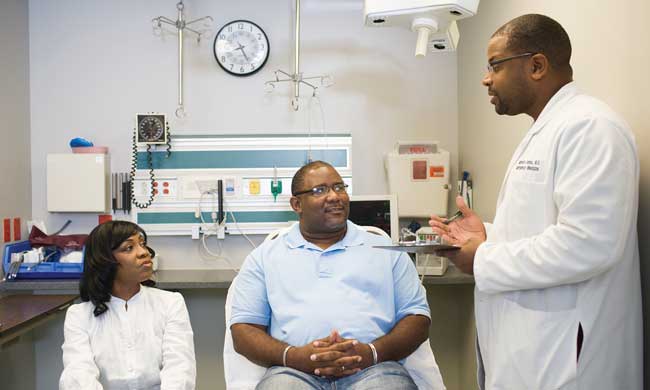
(Family Features) As the COVID-19 pandemic has evolved, many Americans' mental health has been negatively impacted by new and increased pressures and worries. In fact, more than 42% of adults in the United States reported symptoms of anxiety or depression in 2020, an increase of 93% over 2019, according to U.S. Census Bureau data.
This shift is reflected in mental health appointment bookings made using Zocdoc, a free platform where people can find and book in-person or virtual health care appointments across more than 200 specialties. Between January 2021 and January 2022, there was a 77% increase in mental health specialty bookings, a significantly higher number than the prior year’s 11% year-over-year growth.
To explore how Americans are seeking care for their mental health needs, the digital healthcare marketplace compiled “A Year in Mental Health Care,” a comprehensive data analysis of mental health appointment booking trends from January 2021-January 2022. This analysis found these trends:
Virtual Visits are Here to Stay
The increased availability of virtual appointments has made mental health care more convenient and accessible during a challenging time. Whether home or away, virtual care is here to stay and seems likely to remain the way most people receive mental health care; this is a sharp contrast to other specialties where the future of health care is primarily in-person. In fact, in the last year, virtual mental health specialty bookings grew by 74%, and 88% of mental health appointments were virtual in January 2022.
Kids are Seeking More Mental Health Care
Pediatric depression and anxiety have doubled during the pandemic, according to research published in “JAMA Pediatrics.” Reflecting a focus on care for the youngest Americans, between January 2021 and January 2022, children’s mental health appointment bookings grew by 81%, pediatric psychiatric medication review appointment bookings grew by 100%, pediatric depression and anxiety appointment bookings grew by 100% and adolescent mental health bookings grew by 114%.
People are Seeking New Ways to Manage Stress and Health
As the pandemic has evolved, weight gain and increases in alcohol consumption have become commonplace, and many people are experiencing increased stress, depression, and anxiety, according to research published by the American Psychological Association. However, a growing number of people are seeking professional help to address addiction or manage conditions such as depression and anxiety. In fact, alcoholism-related bookings grew by 43%, addiction-related appointment bookings grew by 67%, disordered eating bookings grew by 53%, mindful and intuitive eating bookings grew by 122%, anxiety-related appointment bookings grew by 86% and depression-related appointment bookings grew by 92% during the analysis period.
Families are Tackling Tough Times Together
Life has changed for many families since the onset of the pandemic. The combination of new and more significant stressors, less access to common stress-relieving activities, and fewer interactions with people outside the family have led to conflict among loved ones. A growing number of these people are seeking care with family therapy appointment bookings growing by 187% and relationship therapy appointment bookings growing by 146%.
Cognitive Behavioral Therapy (CBT) is the Fastest-Growing Therapy Type
During the past year, CBT, known for helping people change their thinking patterns, has grown in popularity more than any other therapy type with a 177% increase in appointment bookings. Other types of therapy appointment bookings have also increased, including analytical therapy (36%), behavioral therapy (75%), and Eye Movement Desensitization and Reprocessing therapy (118%).
For more information and to view the full data analysis, visit zocdoc.com.
Photo courtesy of Adobe StockZocdoc


 How to prevent and manage kidney disease
How to prevent and manage kidney disease







